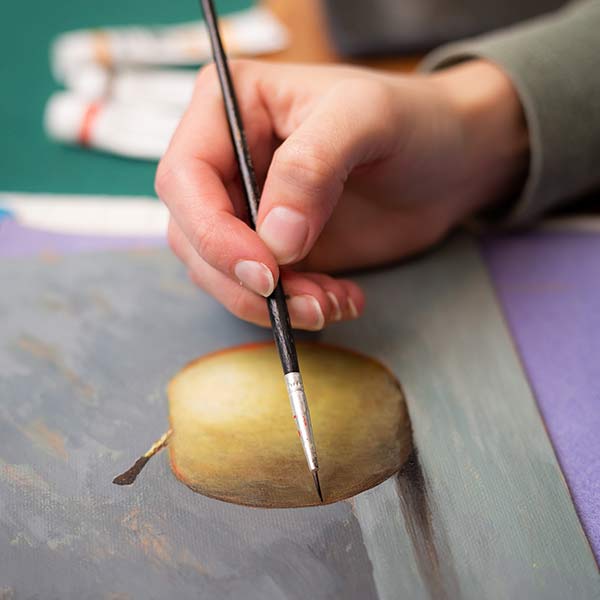wcag heading
From Pg. 13
Back home Peter stared out the window, willing himself to get up and do something constructive. Go into the studio, work on his painting. Just then he noticed the frost had been shaved off one of the panes. In the shape of a heart. He smiled and put his eye to it, seeing Three Pines going about its gentle business. Then he looked up, to the rambling old house on the hill. The old Hadley house. And even as he looked the frost began to grow, filling in the heart with ice.
Louise’s Thoughts:
I deliberately started writing A FATAL GRACE in the winter, knowing it would help to be surrounded by all these details of a bitterly cold Quebec. The snow, the ice, are obvious….but details like the creeping frost can be forgotten. This also sets up, early on, the continuing theme in the series, of contrast. The heart filled with ice.
From Pg. 13
‘Oh, yes. Each has a purpose. For instance, a Rasta man is great when he’s hard, but not a book.’ Clara had laughed. They shared a disdain for hard books. Not the content, but the cover. Hardcovers were simply too hard to hold, especially in bed. ‘Unlike a Rasta man,’ said Myrna.
Louise’s Thoughts:
Ha – had forgotten this passage. Myrna – what a scamp. But must say, I have not changed my mind about hardcovers. Love owning them…but I read in bed, often lying on my side, snuggled in. A hardcover can be a struggle.
From Pg. 22
Normally Ruth’s slim volumes of poetry were slipped to an oblivious public following a launch at the bistro in Three Pines. But something astounding had happened. This elderly, wizened, bitter poet from Three Pines had won the Governor-General’s Award. Surprised the hell out of everyone. Not because she didn’t deserve it. Clara knew her poems were stunning. Who hurt you once so far beyond repair that you would greet each overture with curling lip? It was not always so.
Louise’s Thoughts:
Ahhhh – love this poem. It’s by Marilyn Plessner, from a book self published by her friend after her death. I’m so happy I made, by some miracle, Ruth a poet. Again, contrast. The embittered elderly poet, with such insight into the human heart (sometimes filled with frost), and human condition. Later in the series, as you might know, we find out who hurt her once, ‘so far beyond repair…’
From Pg. 154
The bistro was his secret weapon in tracking down murderers. Not just in Three Pines, but in every town and village in Quebec. First he found a comfortable café or brasserie, or bistro, then he found the murderer. Because Armand Gamache knew something many of his colleagues never figured out. Murder was deeply human, the murdered and the murderer.
Louise’s Thoughts:
This is something I believe – that forensics are vital, of course, and Gamache does not ignore them, but honestly, writing about blood spatter patterns or DNA does not interest me. The emotions of the killer, and the emotions the dreadful act uncovers, are what drive the books. And drives Gamache. But I knew, even as I wrote that, that it is deeply unusual to have a main character, a cop, who is endlessly interested in people. Who cares.
From Pg. 166
‘She’s a librarian and she was saying in her experience when people use capital letters it’s because the letters stand for something. Your title is I’m FINE with the FINE in capitals.’ ‘She has brains, your wife. She’s the first to notice that, or at least to ask. FINE stands for Fucked up, Insecure, Neurotic and Egotistical. I’m FINE.’
Louise’s Thoughts:
I belong to a 12 step program, which saved my life, and I’m FINE is one of the phrases you often hear ‘in the rooms’, though I did change it slightly to fit Ruth. I love how many people respond to this phrase,and recognize themselves. As I recognize myself! One of the great joys of writing Ruth is her degree of self-awareness. She’s embittered and angry and loving and brilliant. And she can laugh at herself. She is FINE. And so am I. You too?



